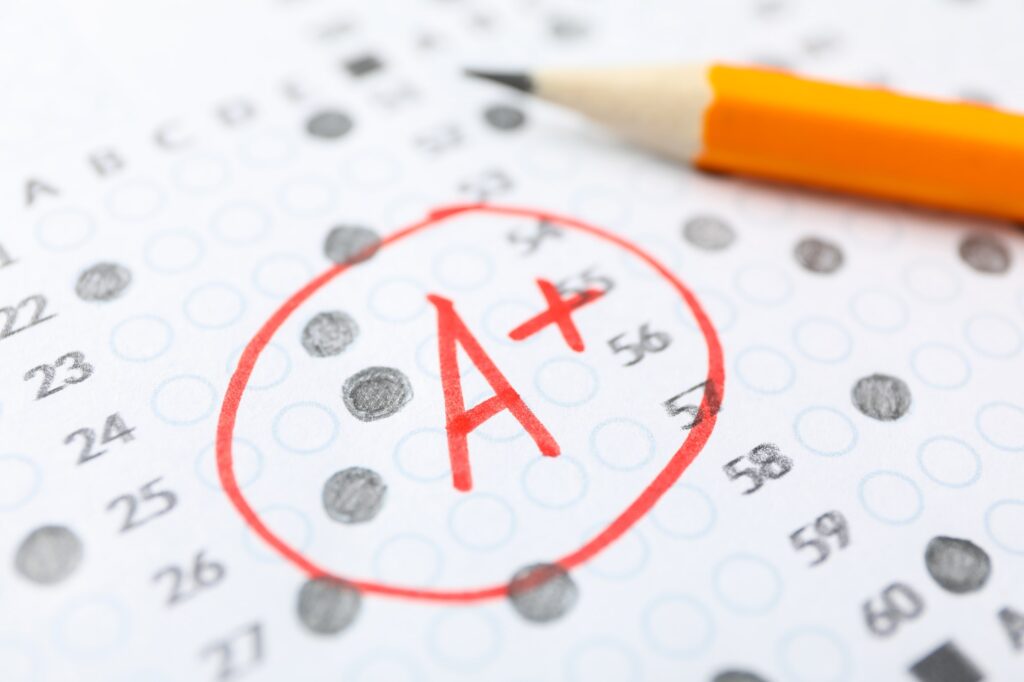Part One: What Is Perfectionism?
BY MEGHAN VANCE • SEPTEMBER 4, 2023
As musicians, we are trained to be detail-oriented. We are constantly working towards performance. We compete with others at festivals or for ensemble placements, scholarships, and jobs. Pressure from these factors can lead to over-zealousness in pursuit of perfection, and this in turn can lead to frustration, failure, and burn-out. How do we prevent this? How can we fight perfectionism?
DEFINING PERFECTIONISM
Because “perfectionist” has been used as both a compliment and an ailment, it’s best to begin by defining the term. The Oxford English Dictionary gives one definition of perfectionism as “the uncompromising pursuit of excellence,” while the Merriam-Webster Dictionary gives one definition as “a disposition to regard anything short of perfection as unacceptable.” This confusion of definitions has caused some to add qualifying descriptors. Kayla J. Grey quotes Comerchero and Fortugno’s research describing “adaptive perfectionism as setting high standards for oneself and being satisfied with his or her performance,” and “maladaptive perfectionism is associated with not only setting excessively high standards but also being unsatisfied with one’s performance, no matter how successful it might have been.” In this article, we’ll be using “perfectionism” as Grey uses “maladaptive perfectionism.”
The Davidson Institute, in their article “Helping Gifted Students Cope With Perfectionism” by Michael Pyryt, states that “Perfectionism can also be thought of as a way of thinking.” The article lists three ways perfectionists tend to think:
- Believing ” a project is either perfect or it is worthless.”
- Transforming desires into demand.
- Focusing on unmet goals rather than enjoying achievements.
Harvard lists three types of perfectionism:
- Self-oriented: unrealistic standards for oneself
- Other-oriented: unrealistic standards for others
- Socially-prescribed: believing one is held to extremely high standards by others or society in general

IDENTIFYING PERFECTIONISM
It’s important to note, as Grey does, that “some people may be perfectionistic in some areas but not others.” She goes on to give the example that “some people may be perfectionistic when it comes to their grades, but not when it comes to the cleanliness of their room,” and suggests that perfectionism can be present in anyone. What are some signs, then, that you or your child may be a perfectionistic musician? Here are twenty:
- You don’t try to practice something new until you have triple-checked that you know exactly how to do it.
- You don’t want to attempt to play something new in front of anyone, even your teacher, until you’ve practiced it.
- You feel like you have to start the song or section over every time you make a mistake.
- You are so worried about making mistakes that you’re never able to speed up material: you feel fastidiousness is more important than any other aspect of the music.
- You get angry while practicing.
- You often have emotional meltdowns after performing or practicing.
- If a song or exercise is very hard, you quit practicing it.
- You find practicing depressing.
- You put off your practice until the day before or day of your lesson.
- You don’t practice for a performance until the last possible moment.
- You always claim your practice for the week has been poor.
- Before you play a song, you feel the need to explain why it is going to sound bad.
- You think of yourself as a bad student, stupid, incompetent, or lazy.
- When it comes time for lessons or performances, you suffer from physical ailments such as headaches or stomachaches.
- You get very anxious about performing (See our previous articles about overcoming stage fright).
- You never get any enjoyment from sharing your music with others.
- When others perform poorly, you assume they didn’t prepare adequately, and you have little or no sympathy for them.
- You never find anything to praise in a flawed performance.
- You spend so much time practicing one item on your assignment sheet that you run out of time to practice everything else.
- You spend so much time practicing that you don’t achieve balance in your life: you may neglect your need for sleep, exercise, nutrition, or play.
In the next installment of this series, we’ll look at the effects of perfectionism, and suggest ways to start changing perfectionistic thinking patterns.


